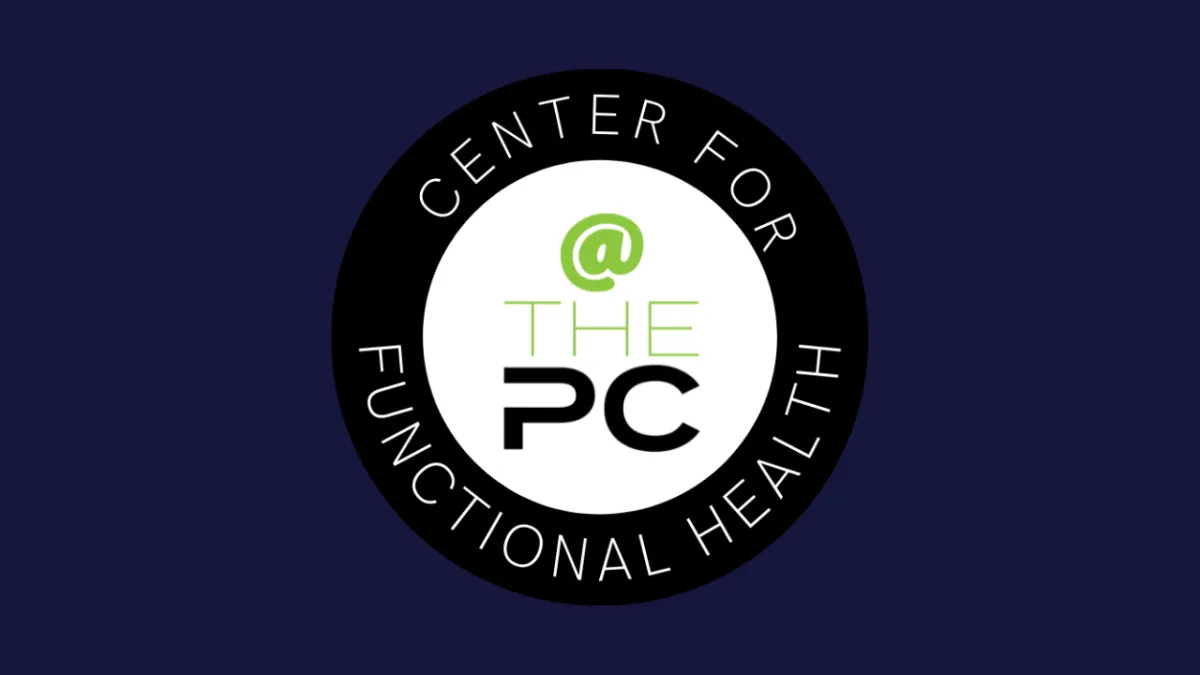BEHAVIORAL Health
Behavioral Health
Our Services
Individuals

Working one on one with a therapist can provide support, problem-solving skills, and enhanced coping strategies.
Couples

Discover new ways to solve problems in your relationship.
Family

Bring to light outdated family patterns and work to make them more positive.
Group

Lots of different reason to do groups. Including, but not limited to: caregivers support, grief support, parenting and coupleship.
EMDR

Eye Movement Desensitization and Reprocessing is a protocol that helps to resolve trauma, phobias and PTSD.
Patient Forms
For your convenience, we've provided our patient forms on our website. To help expedite your first visit, please download, print, and complete the forms.
Bring them with you when you come in for your first visit.
If you choose to fill out the patient form packet at our office, please arrive 10-15 minutes before your appointment to allow enough time to get them complete before your appointment.
Our Therapist
Individual, Couple, Family & Group Therapy
Kathleen Lawrence, LMFT
In her work as a Family Therapist, Kathleen provides support with insight and feedback to help clients address current challenges and long-standing issues. With sensitivity and compassion, families resolve conflict, work out painful life circumstances and improve relationships.
With an integration of complementary systemic methods, she draws from a selection of styles and techniques to incorporate what is most helpful for each situation. Together with each client, she works to build on strengths and achieve life goals.
Kathleen is a Licensed Marriage & Family Therapist, Business Consultant, Title 26 GAL, and trained Mediator. Kathleen is an international public speaker & facilitator on multiple topics regarding leadership, core values, ethics, culture, psychology, conflict, and personality.
Frequently Asked Questions
What about medication vs. psychotherapy?
It is well established that the long-term solution to mental and emotional problems and the pain they cause cannot be solved solely by medication. Instead of just treating the symptom, therapy addresses the cause of our distress and the behavior patterns that curb our progress. You can best achieve sustainable growth and a greater sense of well-being with an integrative approach to wellness. Working with your medical provider you can determine what's best for you, and in some cases a combination of medication and therapy is the right course of action.
How can therapy help me?
A number of benefits are available from participating in therapy. Therapists can provide support, problem-solving skills, and enhanced coping strategies for issues such as depression, anxiety, relationship troubles, unresolved childhood issues, grief, stress management, body image issues and creative blocks. Many people also find that counselors can be a tremendous asset to managing personal growth, interpersonal relationships, family concerns, marriage issues, and the hassles of daily life. Therapists can provide a fresh perspective on a difficult problem or point you in the direction of a solution. The benefits you obtain from therapy depend on how well you use the process and put into practice what you learn. Some of the benefits available from therapy include:
・Attaining a better understanding of yourself, your goals and values
・Developing skills for improving your relationships
・Finding resolution to the issues or concerns that led you to seek therapy
・Learning new ways to cope with stress and anxiety
・Managing anger, grief, depression, and other emotional pressures
・Improving communications and listening skills
・Changing old behavior patterns and developing new ones
・Discovering new ways to solve problems in your family or marriage
・Improving your self-esteem and boosting self-confidence
Do you take insurance, and how does that work?
To determine if you have mental health coverage through your insurance carrier, the first thing you should do is call them. Check your coverage carefully and make sure you understand their answers. Some helpful questions you can ask them:
・What are my mental health benefits?
・What is the coverage amount per therapy session?
・How many therapy sessions does my plan cover?
・How much does my insurance pay for an out-of-network provider?
・Is approval required from my primary care provider?
Need assistance? Give us a call at 509-783-5465 ext. 217
Do I really need therapy? I can usually handle my problems.
Everyone goes through challenging situations in life, and while you may have successfully navigated through other difficulties you've faced, there's nothing wrong with seeking out extra support when you need it. In fact, therapy is for people who have enough self-awareness to realize they need a helping hand, and that is something to be admired. You are taking responsibility by accepting where you're at in life and making a commitment to change the situation by seeking therapy. Therapy provides long-lasting benefits and support, giving you the tools you need to avoid triggers, re-direct damaging patterns, and overcome whatever challenges you face.
Does what we talk about in therapy remain confidential?
Confidentiality is one of the most important components between a client and psychotherapist. Successful therapy requires a high degree of trust with highly sensitive subject matter that is usually not discussed anywhere but the therapist's office. Every therapist should provide a written copy of their confidential disclosure agreement, and you can expect that what you discuss in session will not be shared with anyone. This is called “Informed Consent”. Sometimes, however, you may want your therapist to share information or give an update to someone on your healthcare team (you’re your Physician, Naturopath, Attorney), but by law your therapist cannot release this information without obtaining your written permission.
However, state law and professional ethics require therapists to maintain confidentiality except for the following situations:
* Suspected past or present abuse or neglect of children, adults, and elders to the authorities, including Child Protection and law enforcement, based on information provided by the client or collateral sources.
* If the therapist has reason to suspect the client is seriously in danger of harming him/herself or has threatened to harm another person.
Why do people go to therapy and how do I know if it is right for me?
People have many different motivations for coming to psychotherapy. Some may be going through a major life transition (unemployment, divorce, new job, etc.), or are not handling stressful circumstances well. Some people need assistance managing a range of other issues such as low self-esteem, depression, anxiety, addictions, relationship problems, spiritual conflicts and creative blocks. Therapy can help provide some much needed encouragement and help with skills to get them through these periods. Others may be at a point where they are ready to learn more about themselves or want to be more effective with their goals in life. In short, people seeking psychotherapy are ready to meet the challenges in their lives and ready to make changes.
What is therapy like?
Because each person has different issues and goals for therapy, therapy will be different depending on the individual. In general, you can expect to discuss the current events happening in your life, your personal history relevant to your issue, and report progress (or any new insights gained) from the previous therapy session. Depending on your specific needs, therapy can be short-term, for a specific issue, or longer-term, to deal with more difficult patterns or your desire for more personal development. Either way, it is most common to schedule regular sessions with your therapist (usually weekly).
It is important to understand that you will get more results from therapy if you actively participate in the process. The ultimate purpose of therapy is to help you bring what you learn in session back into your life. Therefore, beyond the work you do in therapy sessions, your therapist may suggest some things you can do outside of therapy to support your process - such as reading a pertinent book, journaling on specific topics, noting particular behaviors or taking action on your goals. People seeking psychotherapy are ready to make positive changes in their lives, are open to new perspectives and take responsibility for their lives.
Primary Care @THEPC
Get in Contact
phone
(509) 783-5465 ext 255
hours
Monday - Thursday: 9:00 a.m. - 5:30 p.m.
Friday: 9:00 a.m. - 3:00 p.m.
Saturday & Sunday: Closed
address
1350 N Grant St. Kennewick, WA 99336

